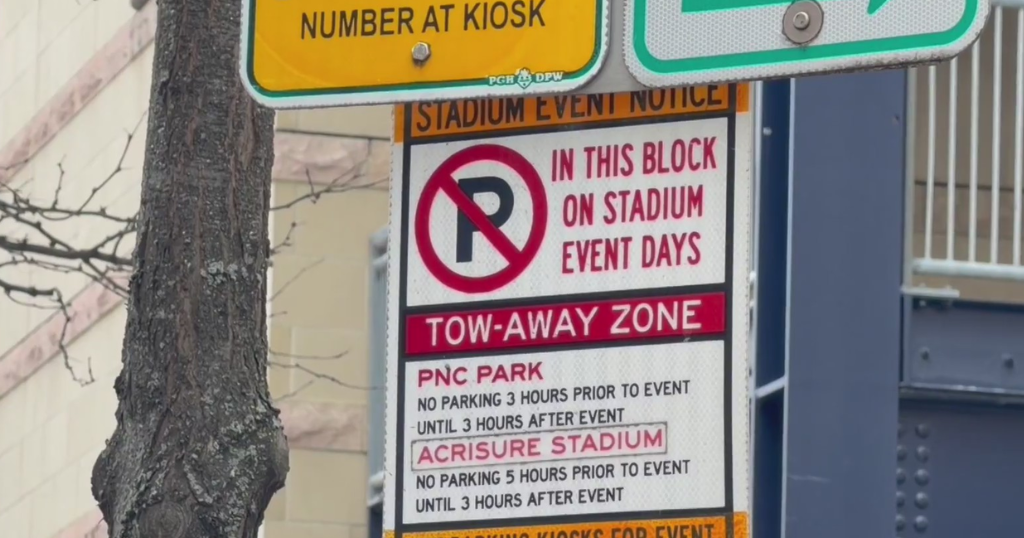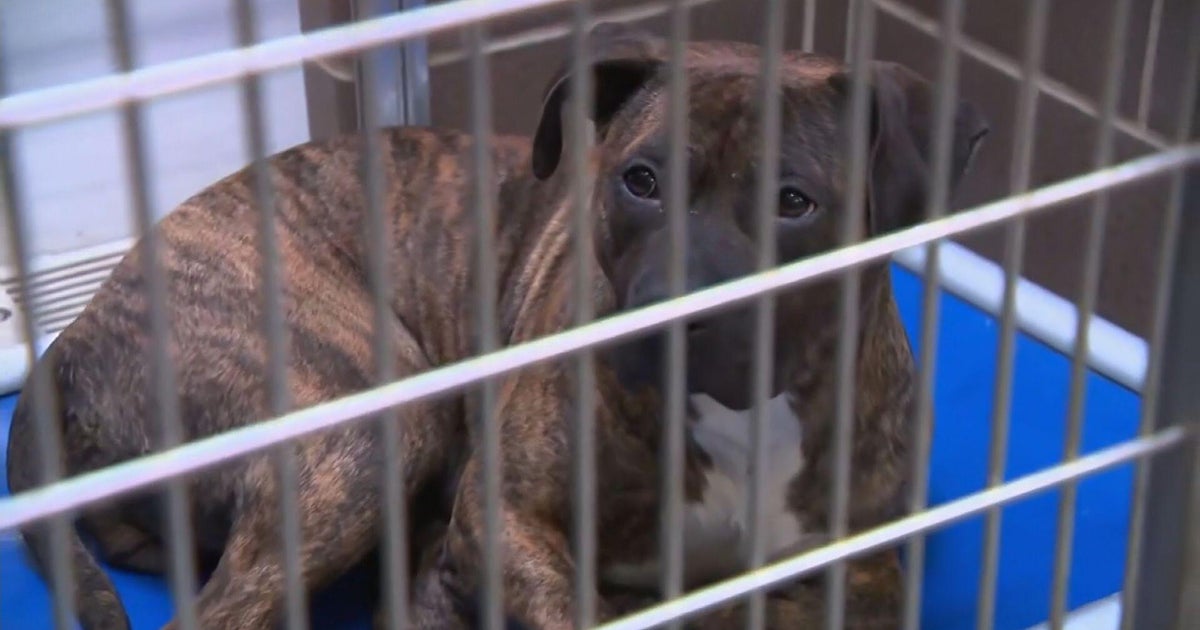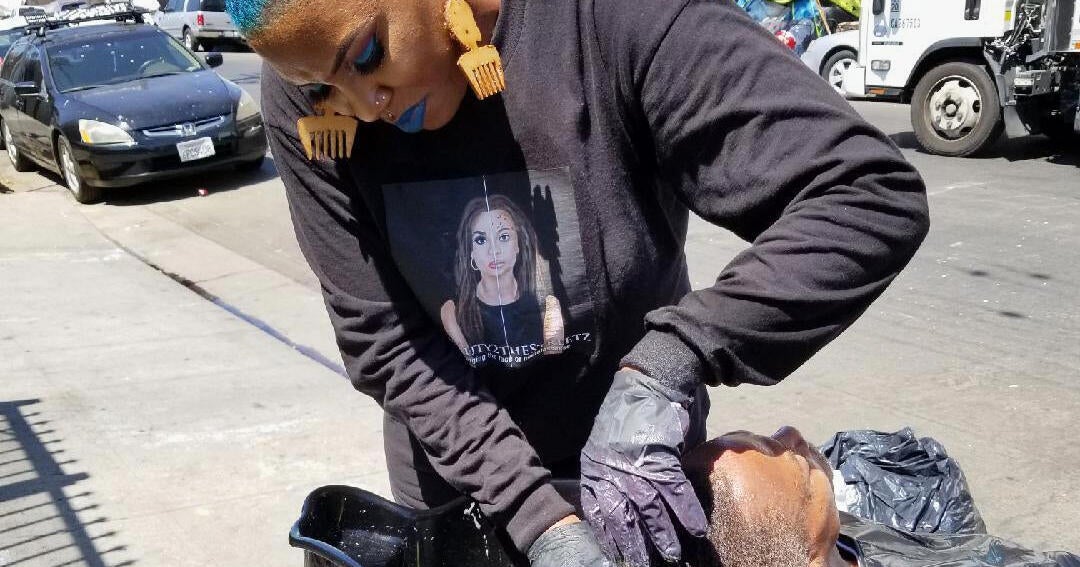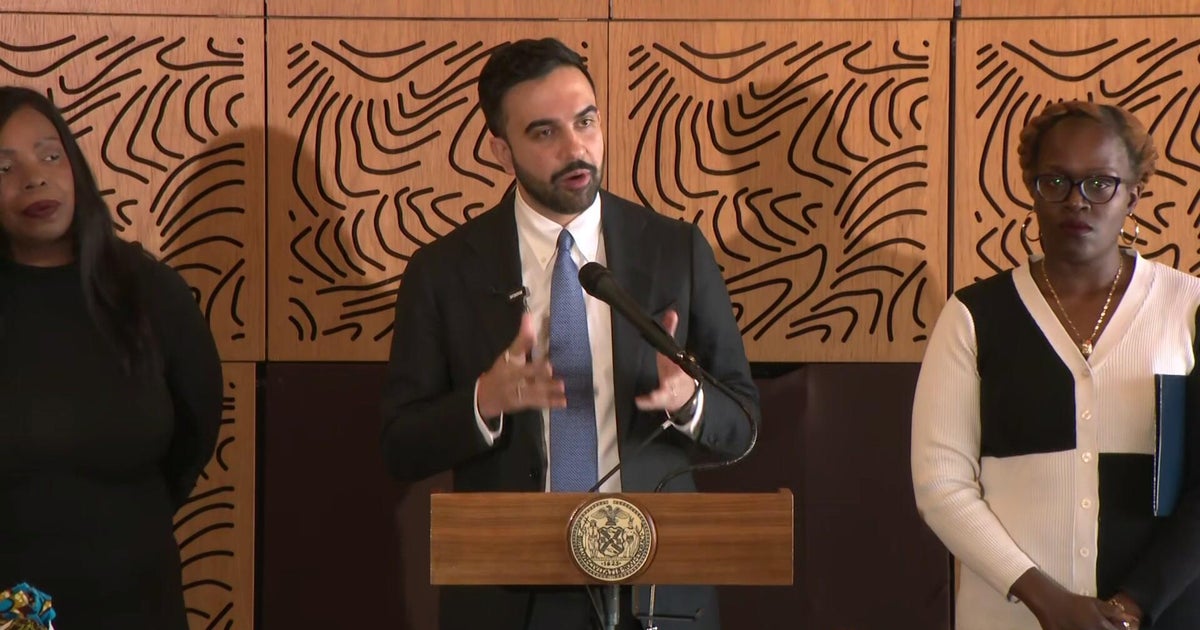Pittsburgh shelter says more is needed to address underlying causes of homelessness
PITTSBURGH (KDKA) -- The homeless crisis in Pittsburgh and Allegheny County has gotten worse, not better. As we head into the fall, the number of people living on the street and in tent encampments is increasing while efforts to address the situation have fallen short.
Shelter providers say the system is failing to address the underlying problems of addiction and mental illness.
For the fifth year in a row, homeless encampments have sprouted up throughout the city, most prominently along the Eliza Furnace Trail Downtown, once again lining the Allegheny River Trail on the North Shore. And those who once used those trails say they now feel unsafe.
The number of unhoused people in Allegheny County is increasing, from 631 to 1,026 in the past five years. First and foremost, there isn't enough temporary shelter or permanent housing to offer the homeless an alternative to living in a tent. But in addition, shelter providers say the system has failed to deal with the underlying issues.
"Since the pandemic, we're seeing increased mental health issues. There's not enough beds in our mental health system to treat them properly so they end up on the streets," said Jerrel Gilliam with Light of Life Mission.
Evictions increased after COVID, but Gilliam says only a small percentage of homeless people are unhoused for purely economic reasons. He and others estimate 75% are mentally ill, addicted or a combination of both. Simply getting them shelter won't solve the problem, he says. Those addicted to drugs need recovery assistance and those struggling with mental illness need medication and treatment but our system doesn't provide it.
"The system has failed since we eliminated all of the mental health hospitals. And we made a promise then that there was going to be a safety net and that safety net has not worked," Gilliam said.
Decades ago, under a policy called deinstitutionalization, the nation began closing down mental hospitals after years of abuse. But the promise of community-based treatment is failing with more and more mentally ill people ending up living outside. People struggling with addiction and/or mental health who are arrested for things like disorderly conduct may spend a night in jail and are generally released back onto the street.
"Jails have existed for hundreds of years. We still have criminal activity that happens," said Pittsburgh Public Safety Director Lee Schmidt.
Schmidt concedes the system is failing and is organizing a community-wide summit of judges, prosecutors, mental health providers and addiction specialists to revamp it, getting people off the street and into programs designed to help.
"We need to address their root cause and address their root problems and get them the long-term help they need," Schmidt said.
Many people who are struggling with addiction or mental illness have run afoul of the law, but police say they can't arrest their way out of the problem.
Pittsburgh police chief says "there's oftentimes not resources"
There's been a spate of random, violent attacks on innocent victims. A young woman intern was attacked Downtown by a stranger. An elderly man was thrown to the ground by another. A man who witnesses say appeared not to be in his right state of mind is accused of shooting a good Samaritan who tried to help him.
In each case, police have made an arrest, identifying each attacker as a person suffering from homelessness and mental illness. But Pittsburgh Chief Larry Scirotto say they're limited in their ability to prevent the attacks.
"There's oftentimes not resources for them, and now their behaviors are able to manifest in our streets. It's not predictable, right? You can't rationalize an irrational mind," Scirotto said.
Shelter providers say that 75% of people experiencing homelessness suffer from addiction, mental illness or a combination of both. And while health experts will tell you that mentally ill people are no more inclined to violence than the rest of the population, Gilliam says left untreated, a small percentage will.
"That 5% or so, that after not having mental health treatment, no medication, dealing with continual trauma, where their behavior becomes more and more aggressive," Gilliam said.
In each case, the suspect had been arrested time and again for offenses ranging from theft to disorderly conduct to assault, but most got little jail time and no apparent treatment for their mental condition.
Last month in Brighton Heights, police arrested 47-year-old Angus Sanders Jr., who witnesses say "growled" at a man who tried to help then shot him six or seven times. According to the criminal complaint, neighbors said they were aware Sanders had "a mental health diagnosis" but lived on the street.
"I'm not sure there's a manner or method to stop it. We try to mitigate it. We try to identify it, those individuals that show those behaviors that have the proclivity toward violence. However, because it's irrational in the moment, it's very hard to intercept," Scirotto said.
The city is making some strides in trying to identify people at-risk to themselves and others and intercede but Gilliam and others say the systems needs an overhaul.
"And that's where we have to be able to expand the capacity for those who are experiencing severe mental health, be able to take them off the street right away, get the treatment they need and then offer ongoing support for them so they don't have to return," Gilliam said.
Currently, the system is not equipped to do that, but there is a movement now to have agencies and governments to work in a more concerted manner to overhaul the underlying problems of addiction and mental illness.







